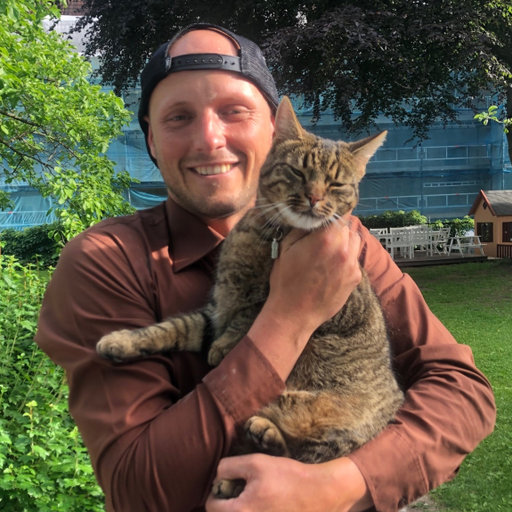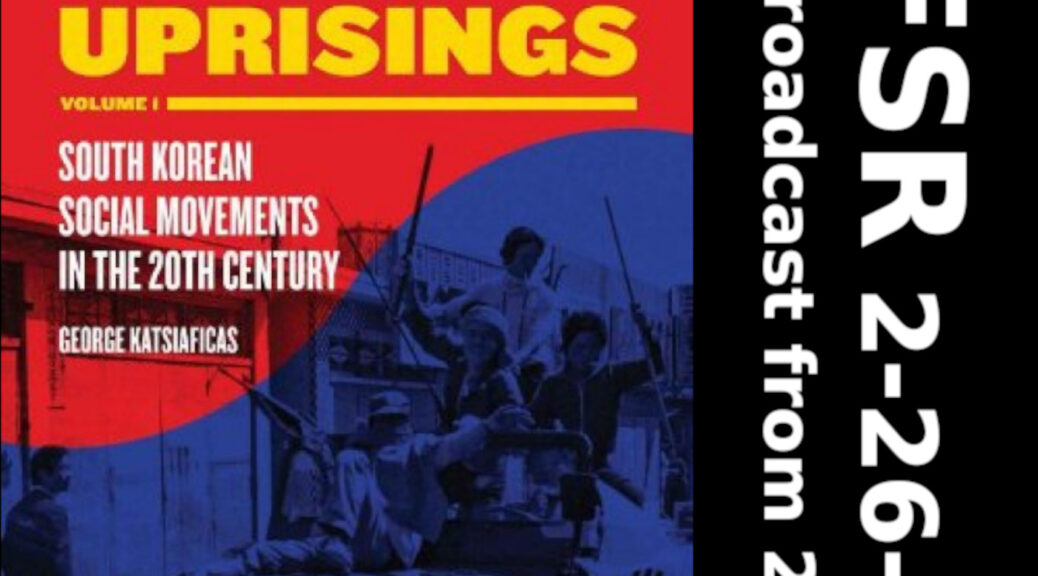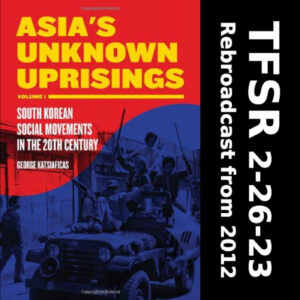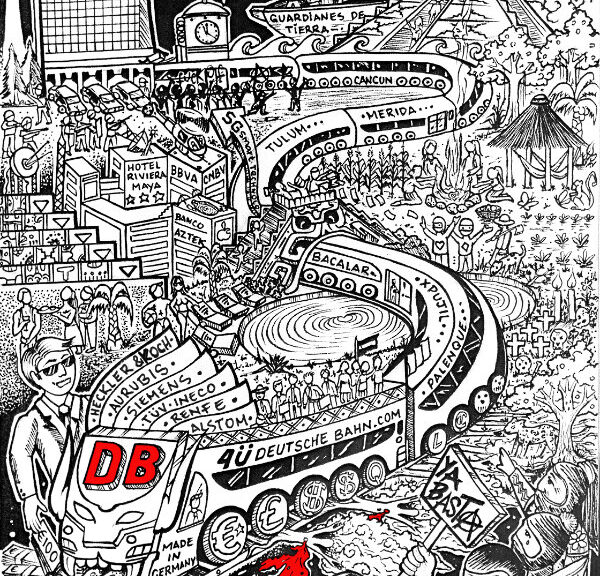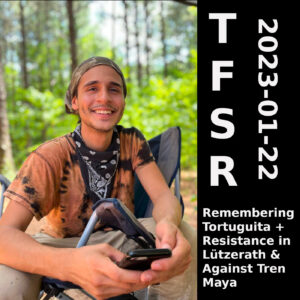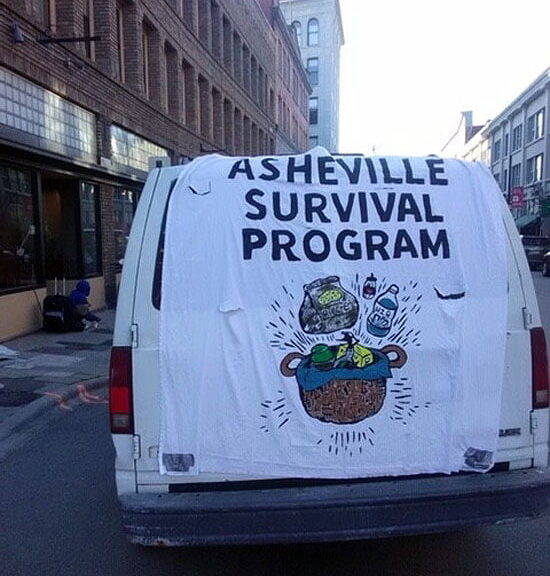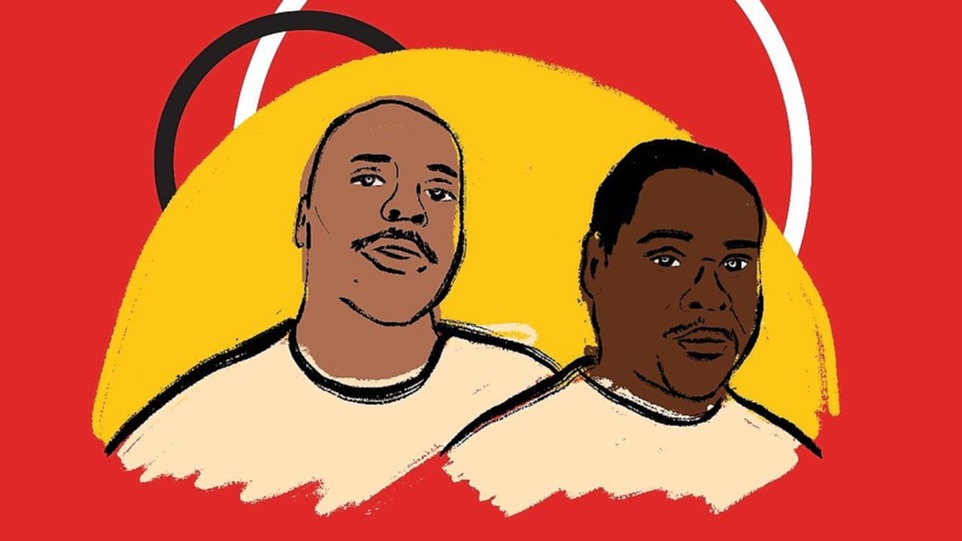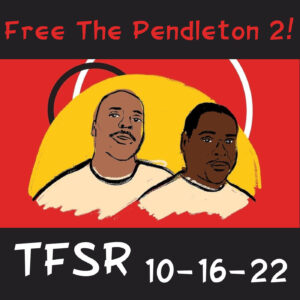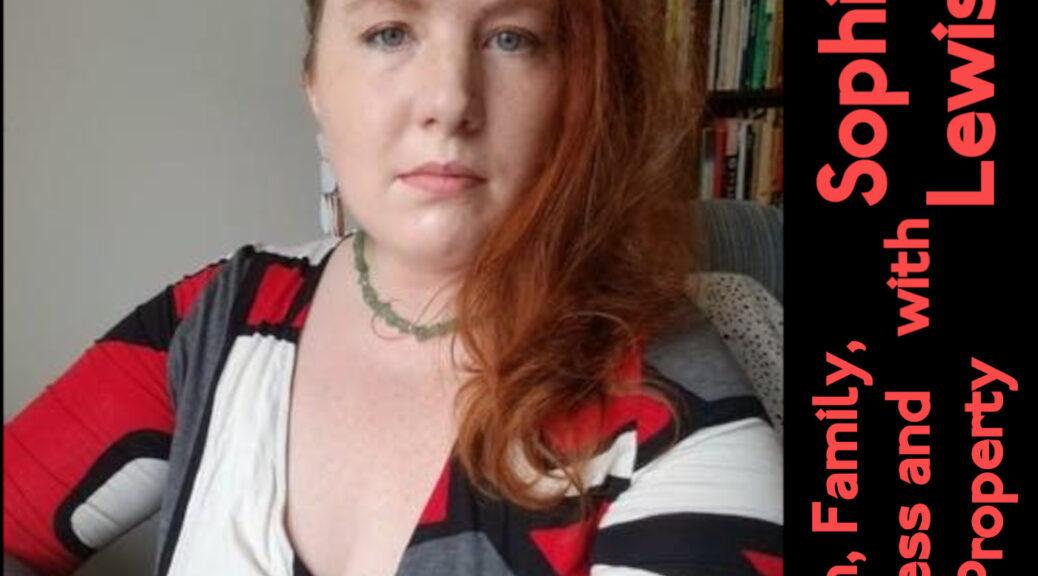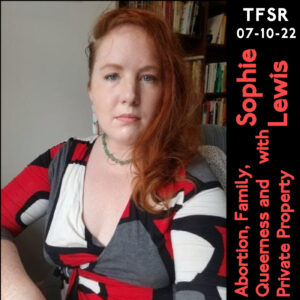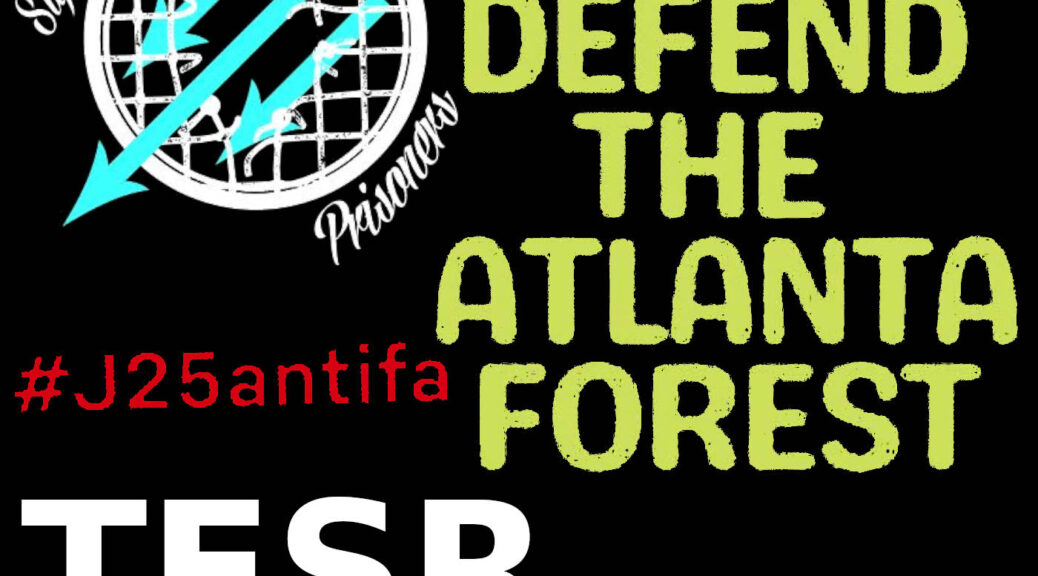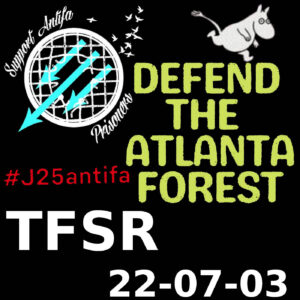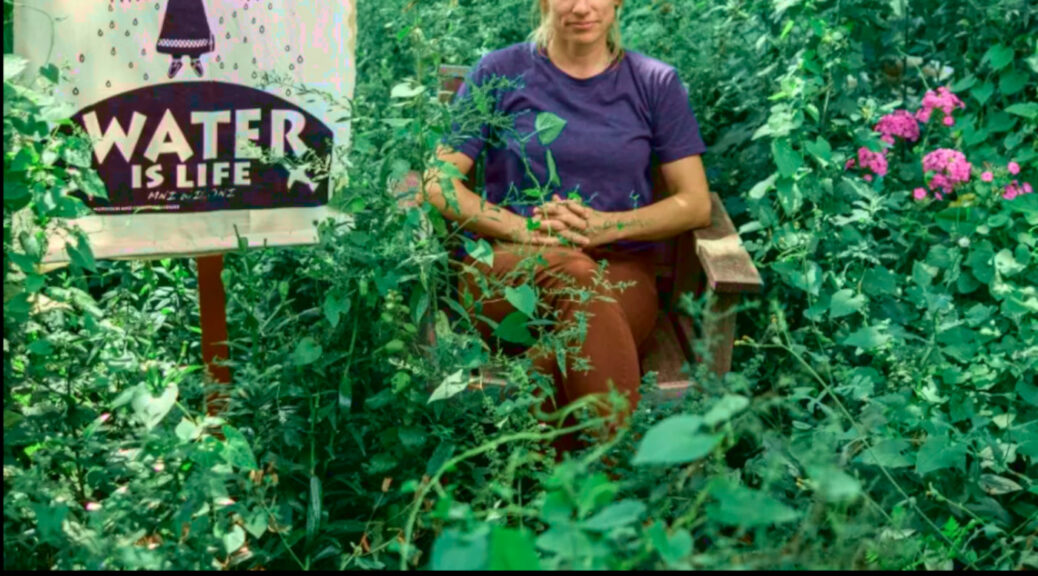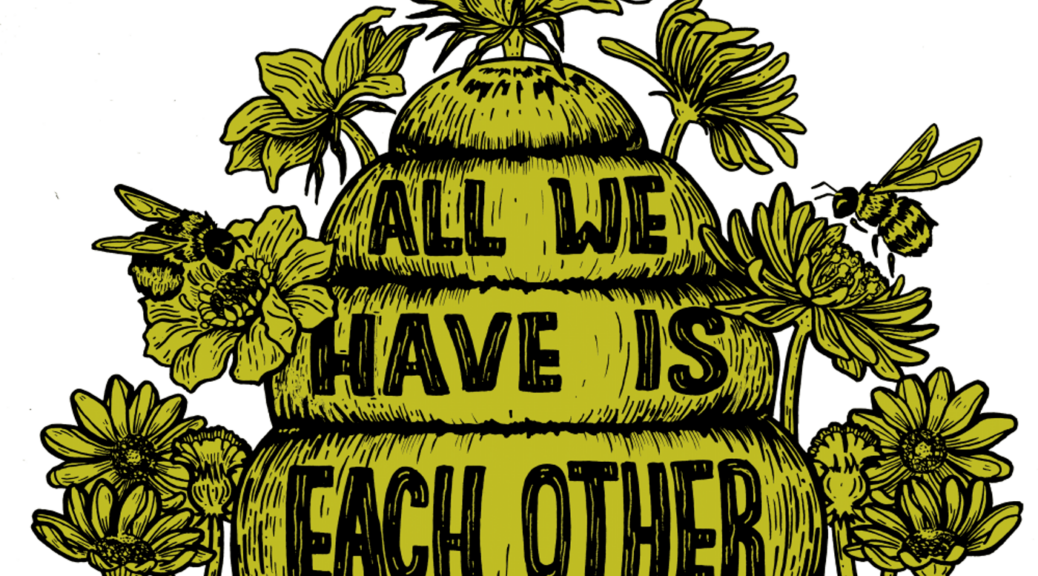A True(r) Measure of Renewable Energy with Dr. Alexander Dunlap

This week, I spoke with Dr. Alexander Dunlap about a range of topics, such as Degrowth, green anarchism, the violence of extractivism, questions of the conception of renewable energy and resistance to ecocide. We covered a lot in this discussion and he’s written a lot on a range of related topics. Check out his ResearchGate where many pdfs are available or searching his name on AnarchistLibrary.Net. If there’s something at ResearchGate that isn’t available for download, you can email Alexander and request access.
Other accounts for Dr. Dunlap:
Suggested links:
- “The Coconut Revolution” documentary
- Environmental Justice Atlas
- Mining Watch (London)
- Exalt initiative
Our past interviews on resisting infrastructure projects can be found by checking out posts tagged “Environment” or “Earth and Animal Liberation”
Books
- Dunlap A and Brock A. (2022) Enforcing Ecocide: Power, Police and Planetary Militarization, Cham: Palgrave
- Dunlap A and Jakobsen J. (2019) The Violent Technologies of Extraction: Political Ecology, Critical Agrarian Studies and the Capitalist Worldeater.
- Dunlap, A. (2019) Renewing Destruction: Wind Energy Development, Conflict and Resistance in a Latin American Context.
Articles
- Dunlap A and Riquito M. (2023). Social warfare for lithium extraction? Open-pit lithium mining, counterinsurgency tactics and enforcing green extractivism in northern Portugal. Energy Research & Social Science 95(1): 1-21.
- Dunlap A. (2023) The Green Economy as Counterinsurgency, or the Ontological Foundations for Permanent Ecological Catastrophe. Environmental Policy and Science: 39-50.
- Kallianos Y, Dunlap A and Dalakoglou D. 2022. Introducing Infrastructural Harm: Rethinking moral entanglements, spatio-temporal modalities, and resistance(s). Globalizations: 1-20.
- Dunlap A and Laratte L. (2022) European Green Deal necropolitics: Exploring ‘green’ energy transition, degrowth & infrastructural colonization. Political Geography 97: 1-17.
- Dunlap A and Marin D. (2022) Comparing coal and ‘transition materials’? Overlooking complexity, flattening reality and ignoring capitalism. Energy research & social science 89: 1-9.
- Dunlap A and Correa-Arce M. (2022) ‘Murderous Energy’ in Oaxaca, Mexico: Wind Factories, Territorial Struggle and Social Warfare. Journal of Peasant Studies 49(2): 455-480.
Continue reading A True(r) Measure of Renewable Energy with Dr. Alexander Dunlap

